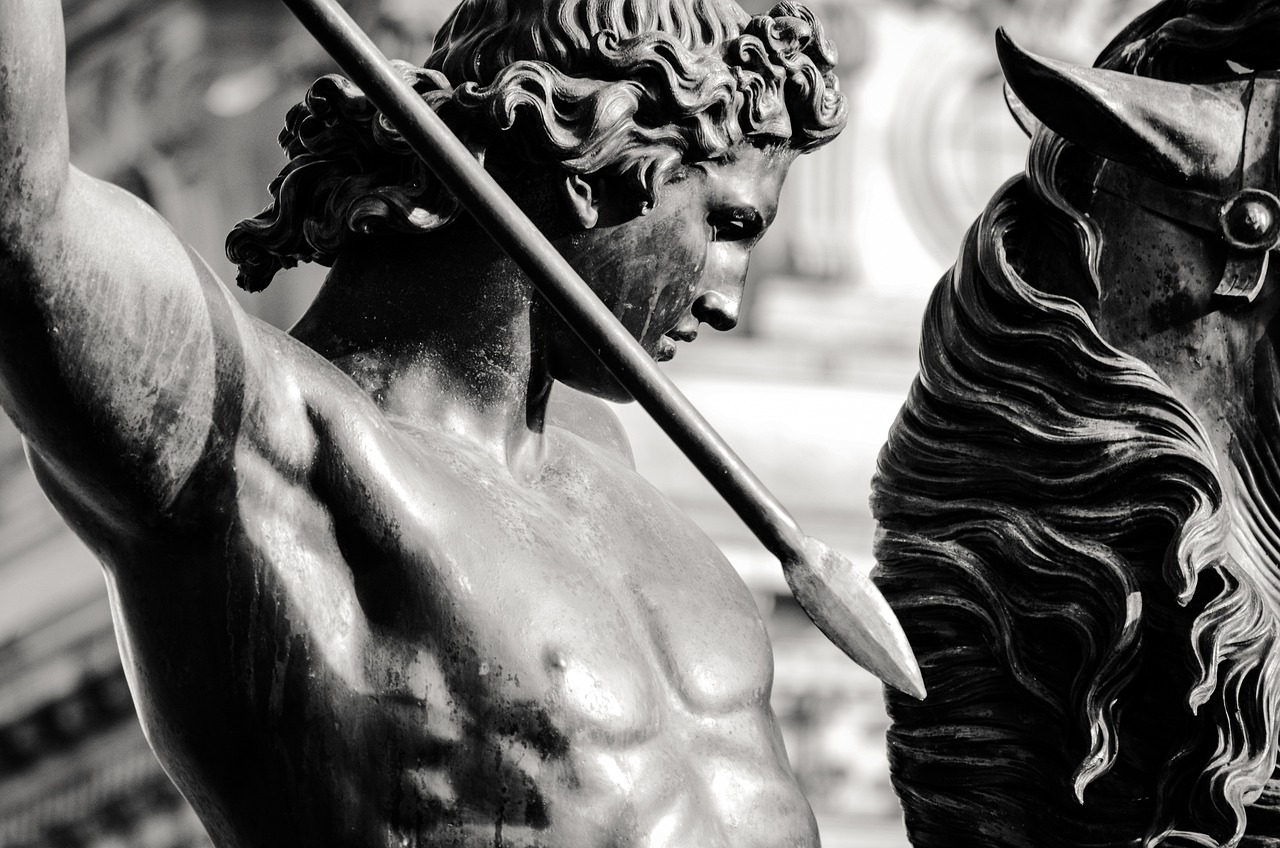Greek mythology encompasses a rich body of narratives that explore the lives of gods, heroes, and the rituals practiced by ancient Greeks. This collection of tales has greatly influenced Western culture, resonating through literature and art across the ages. While various civilizations have created myths to elucidate natural phenomena, the narratives of the Greeks are particularly enduring and captivating. The tales have sparked the imagination of countless poets and artists, revealing their contemporary relevance even today.
Sources of Greek Myths
Two of the seminal works in Greek mythology are the epic poems by Homer: the Iliad and the Odyssey. The esteemed historian Herodotus notes that Homer and Hesiod shaped the identity of the Olympian gods, although modern readers may not take this literally. Characters such as Apollo, the child of Zeus and Leto, are introduced with an understanding that the audience is already familiar with these mythological accounts. Myths were serious cultural touchstones for ancient Greeks, forming a vital part of their identity and worldview.
In addition to Homer, Hesiod’s works, particularly the Theogony and Works and Days, are primary sources for understanding the origins of the gods and the moral framework of Greek society. The Theogony, dated around 700 BCE, intricately outlines the genealogy of the deities, while the Works and Days presents a farmer’s calendar intertwined with moral teachings, specifically emphasizing justice and righteousness as pathways to success.
Further Literary Contributions
In later periods, more fragmented epics and the Homeric Hymns contributed to the tradition, filling out the narratives surrounding the Trojan War while presenting various religious myths. The lyric poet Pindar is noted for richly interweaving myth and legend in his odes, while the tragedies of Aeschylus, Sophocles, and Euripides reflect a diversity of mythological traditions.
During the Hellenistic era (323–30 BCE), poets such as Callimachus and mythographers like Euhemerus contributed further to the landscape of Greek mythology. Their works examined less well-known myths and proposed concepts like Euhemerism, which suggested that the gods were once humans. In the Roman period, scholars such as Strabo and Plutarch, alongside mythographer Hyginus, expanded upon earlier myths, adding layers of nuance and interpretation.
Archaeological Discoveries
The modern comprehension of Greek mythology has been significantly enhanced by archaeological finds, notably those by Heinrich Schliemann and Sir Arthur Evans, who uncovered the Mycenaean and Minoan civilizations, respectively. These discoveries shed light on cultural practices from as early as 2200 to 1200 BCE. The absence of written records directly related to myths from these periods makes understanding their significance challenging, yet monumental evidence, such as geometric pottery designs depicting mythological scenes, provides essential context despite their limited interpretative value.
In summary, Greek mythology remains a profound and essential aspect of Western cultural heritage, filled with narratives that continue to inspire and resonate deeply through time.



